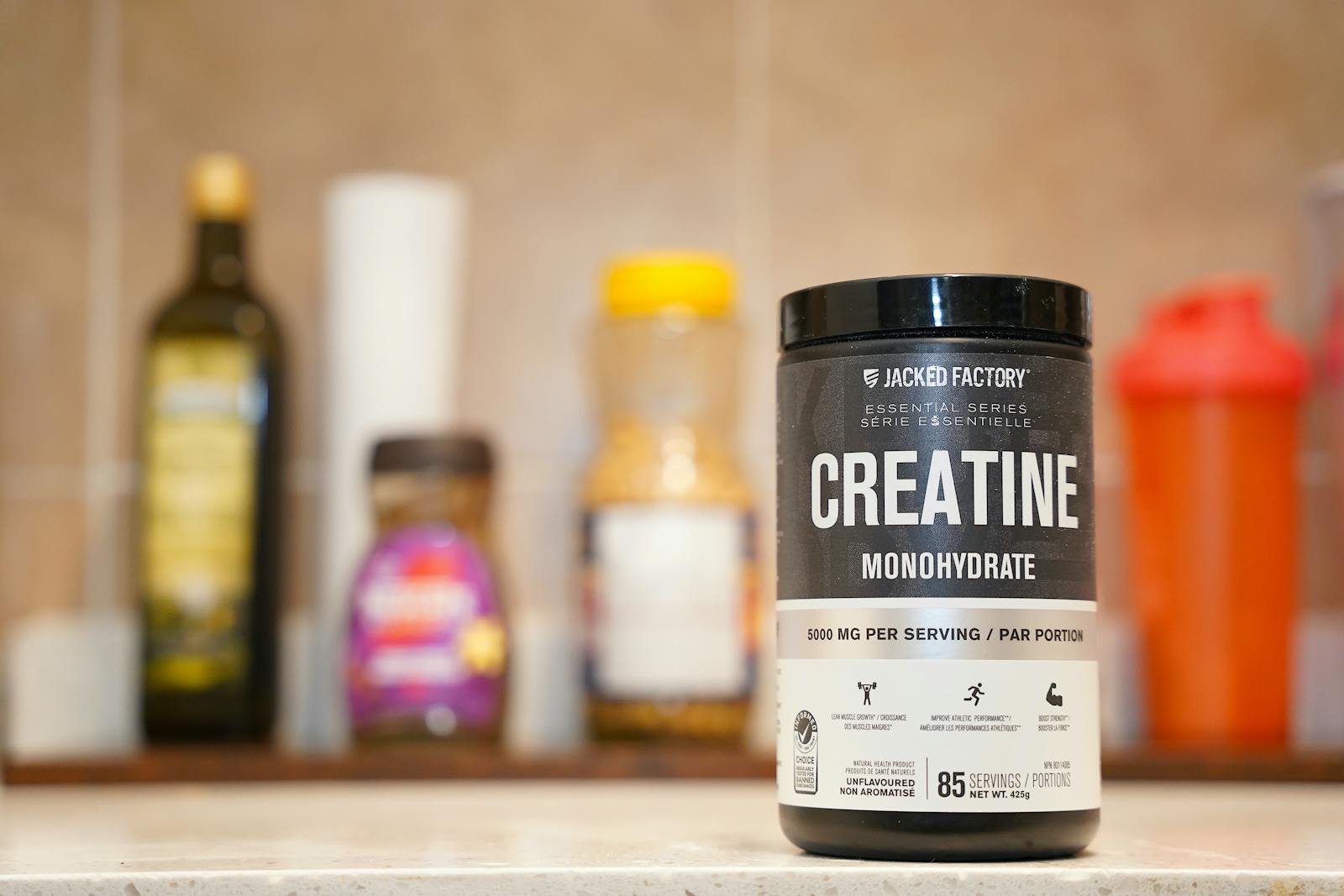Maintaining Healthy Eating Habits While Traveling
Smart Breakfast Choices on the Road
Fast food breakfasts often lack essential nutrients and are high in fats and sugars. Opt for healthier alternatives like fresh fruit, yogurt, eggs, oatmeal, and whole wheat bread, commonly available at gas stations or hotel continental breakfasts. Combining these items can create a balanced meal—consider oatmeal with milk and nuts, fresh fruit, and hard-boiled eggs, or whole grain bread with almond butter and banana, accompanied by yogurt and berries. Packing items like nuts, trail mix, or nut butter packets can add nutritional value to your meals. When choosing fast food, select options that include whole grains and lean protein, pairing them with milk or fruit for added nutrients.
Balanced Lunch and Dinner Options
Each meal should include lean protein, healthy fats, carbohydrates (preferably whole grains or starchy vegetables), and produce (vegetables/fruits). Modifying fast food choices can enhance their nutritional value—opt for a plain hamburger with extra lettuce, onion, and tomato, omitting mayo, or choose a grilled chicken sandwich. Instead of fries, add a side of fresh fruit, apple slices, or a side salad. Avoid fried, breaded, buttery, or creamy items, and instead, look for dishes described as steamed, grilled, roasted, or marinated in juice.
Snacks and Hydration Tips
Pack healthy, non-perishable snacks like whole grain bagels with nut butter, crackers, protein bars, tuna or salmon packets, beef or turkey jerky, fig bars, popcorn, trail mix, dried edamame, and fruit. A small cooler can store refrigerated items like hummus, meat and cheese roll-ups, fresh cut-up veggies, and yogurt or cottage cheese. Air travel can lead to dehydration due to low cabin humidity; drink plenty of fluids such as water, milk, or electrolyte-containing beverages. Refill empty water bottles at airports to stay hydrated.



